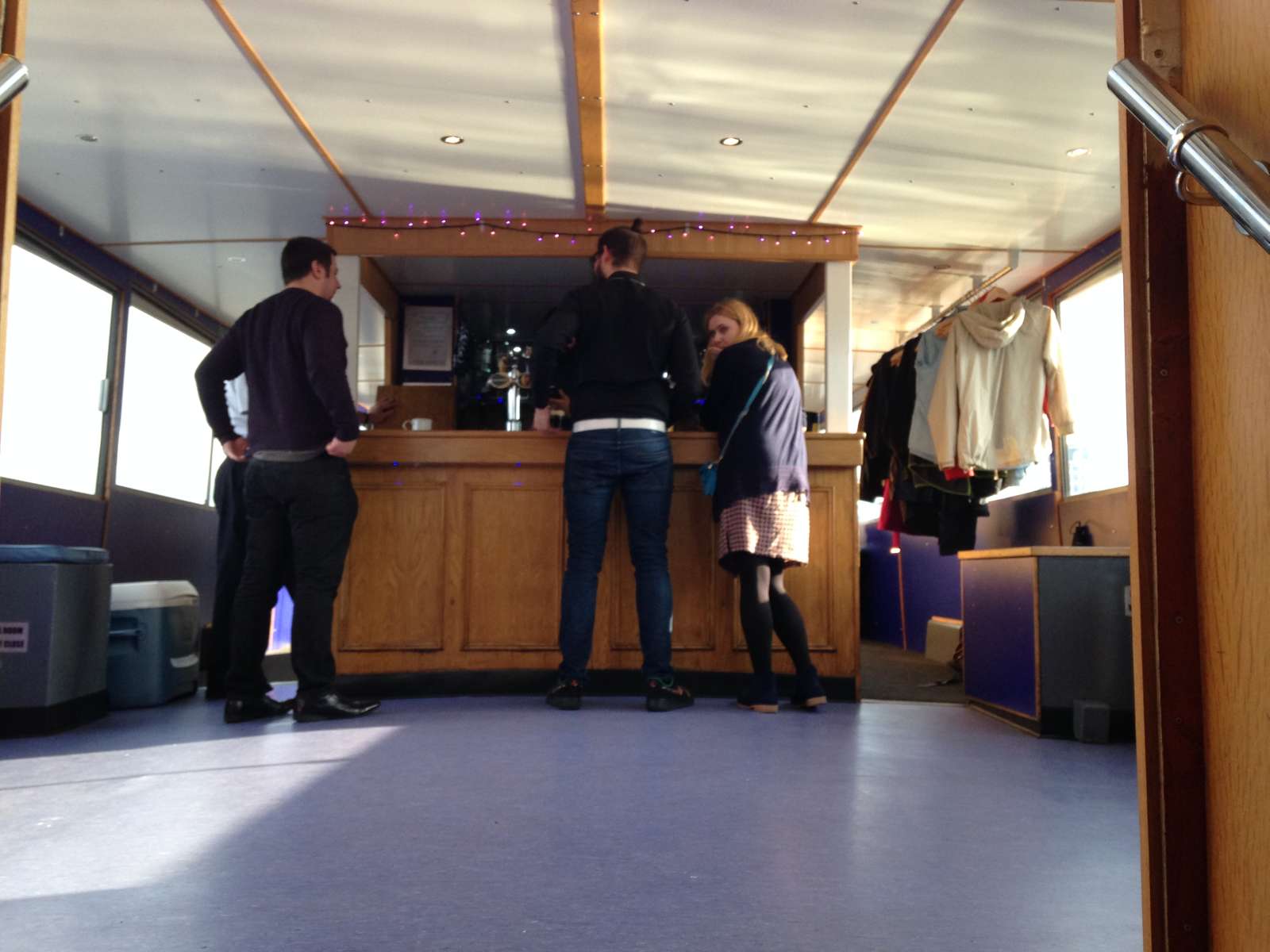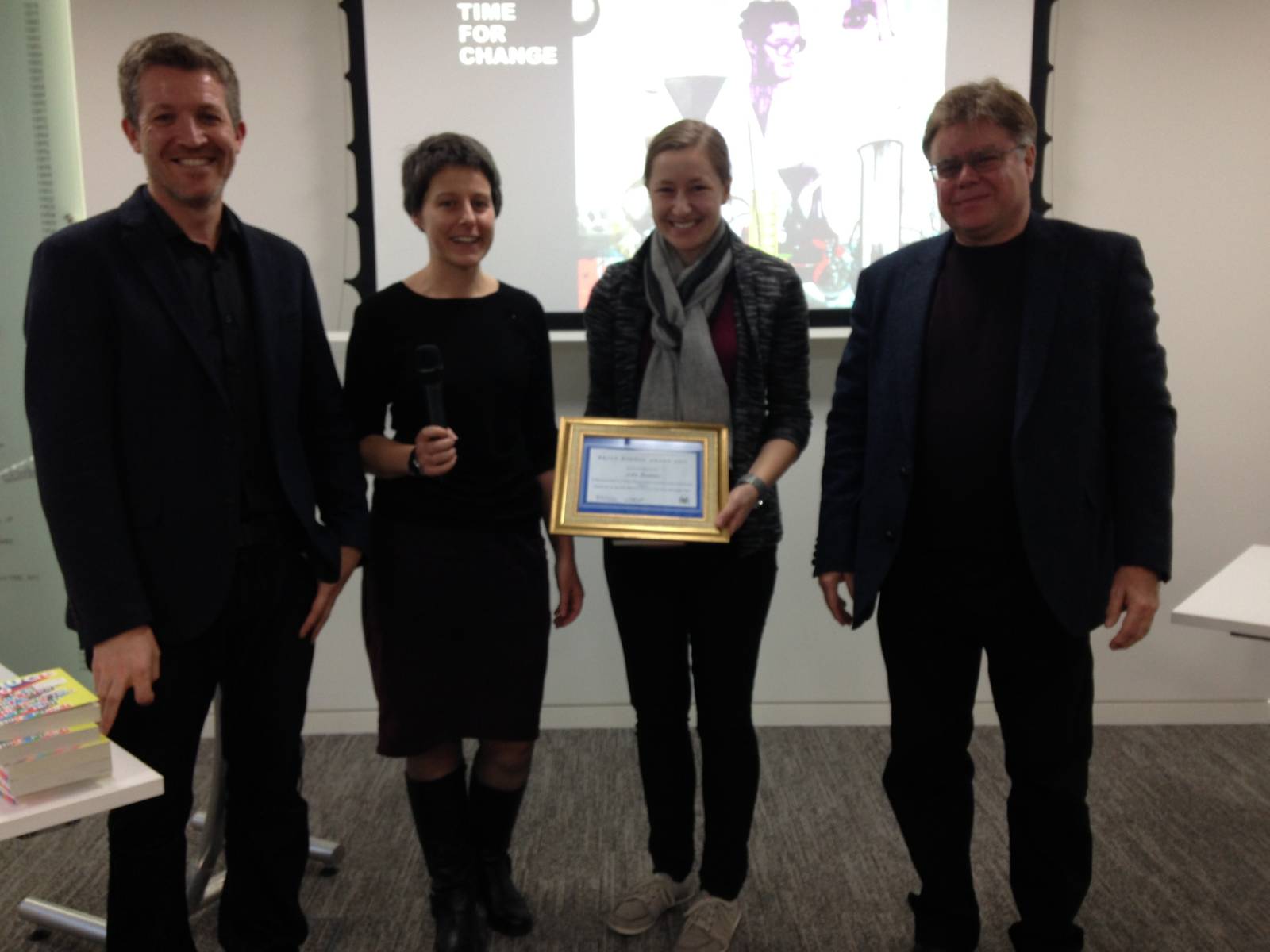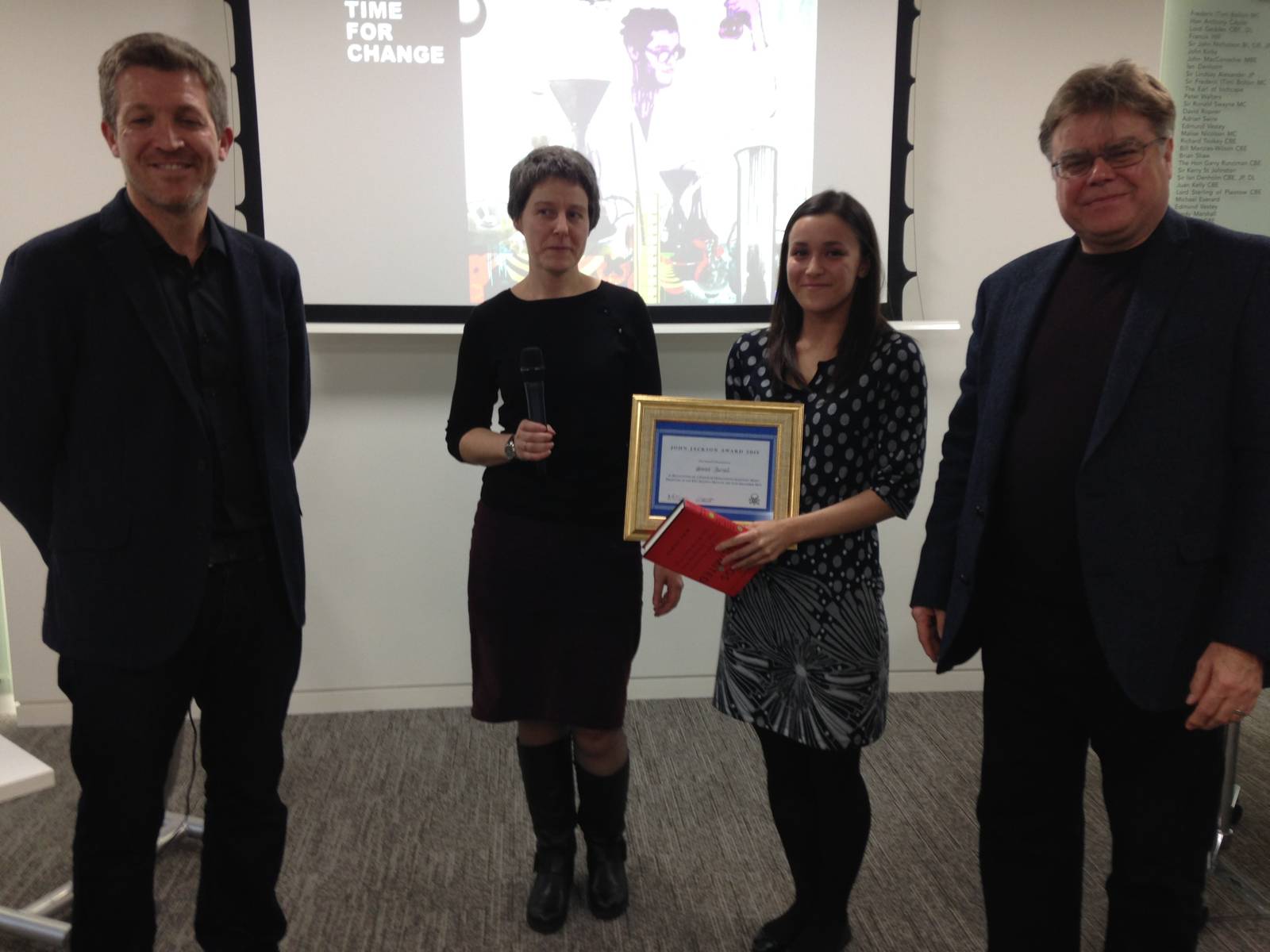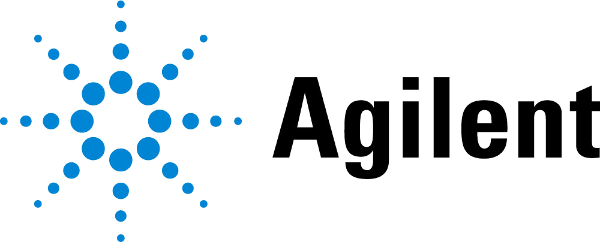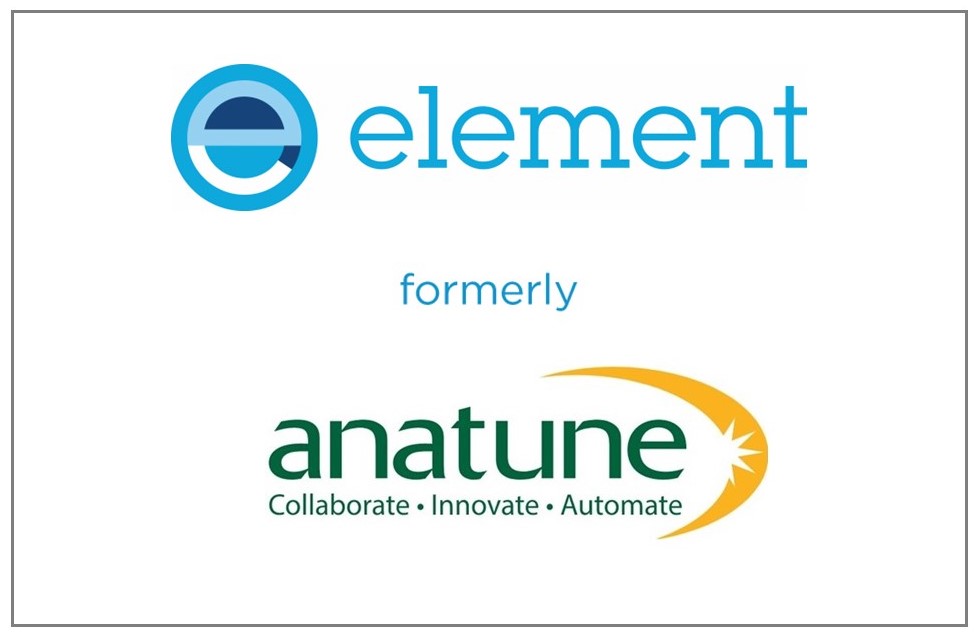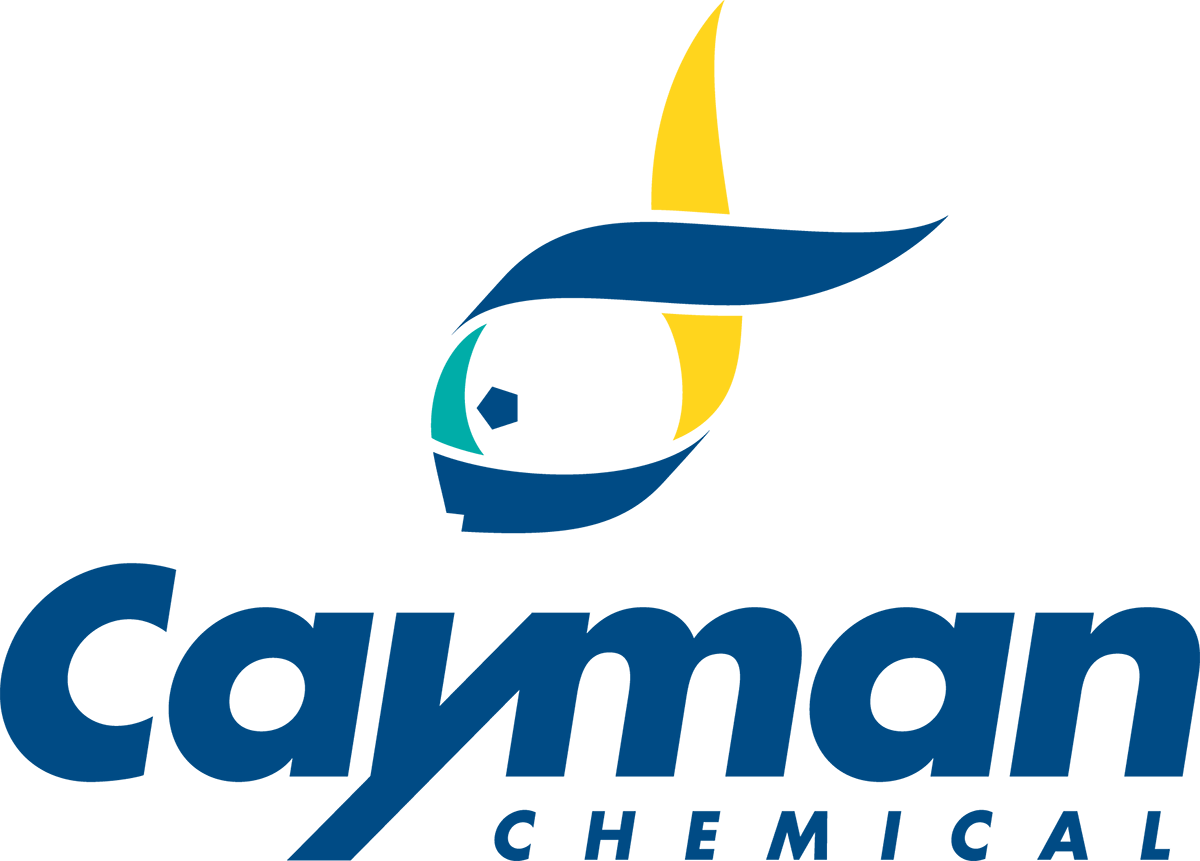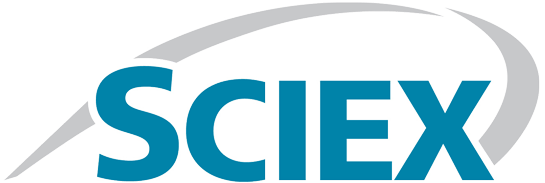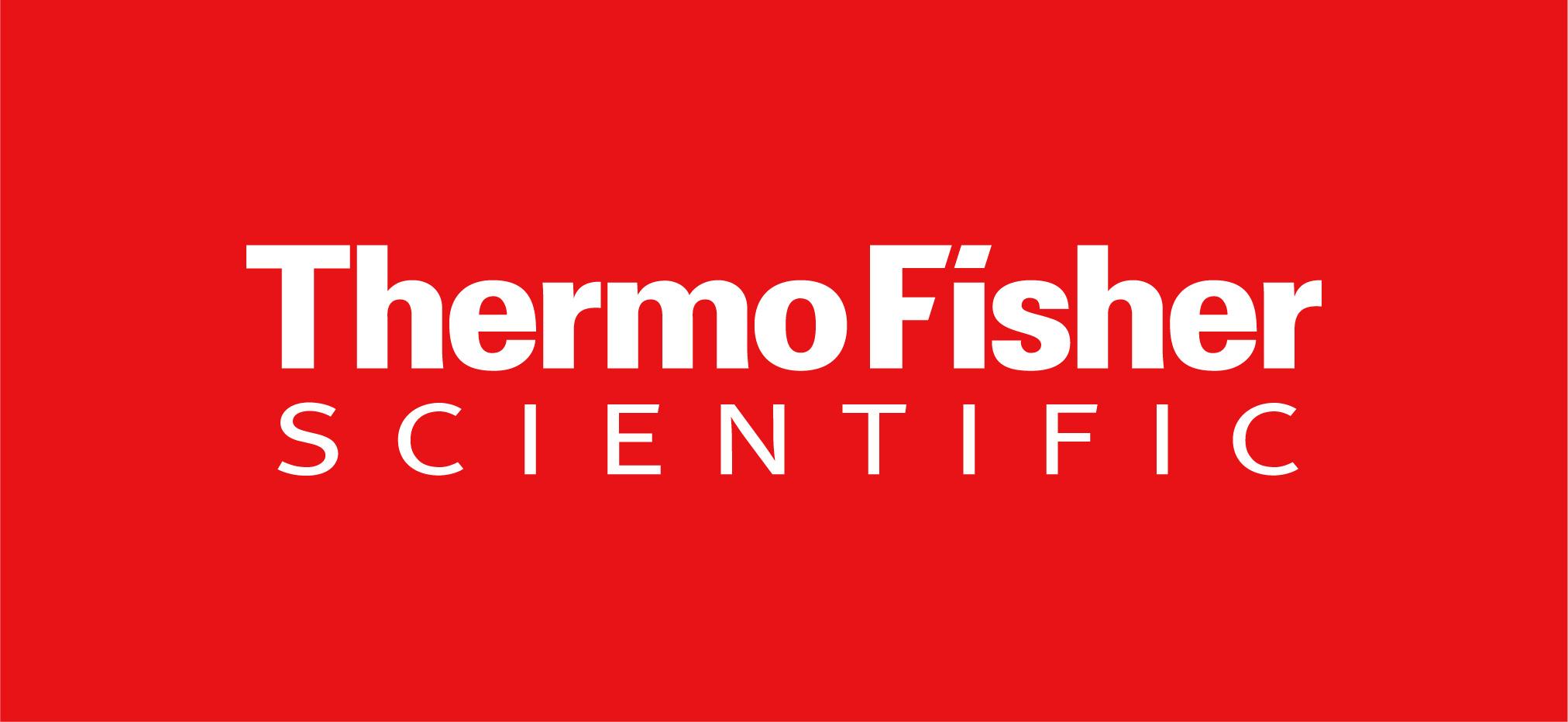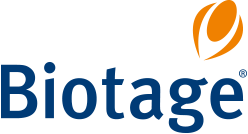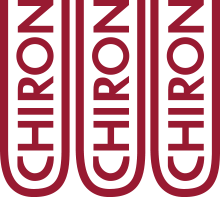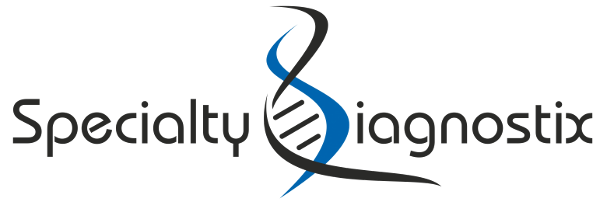Personal data
Personal data are data about your person. They include your name, your address and your e-mail address. You do not have to disclose any personal data in order to be able to visit our website. In some cases, we will require your name and address as well as other information in order to be able to offer you the requested service.
The same applies in case that you want to receive information material or if we answer your requests. In these cases, we will always point this out. We will only save the data that you have automatically or voluntarily sent to us.
If you send us data via a contact form, these data will be sent to the LTG email address, usually received by the Secretary. We will use your data exclusively for the processing of your request. Your data will be treated as strictly confidential. It will not be disclosed to a third party. Emails and submitted forms are stored on the LTG email account and/or transferred to membership database files.
Member Information
On becoming a member of LTG we will automatically add your email address to the group mailing list. This mailing list is accessible only to the LTG committee, usually the Secretary, and is used soley for the purpose of notifying members about future meetings or important information from fellow members or associated members or sponsors relevant to the LTG and vetted by an LTG committee member. It is occainsionally used to forward member related information notifications and sponsor material. The entire group mailing list is not accessible to anyone outside of the committee and is never passed on to third parties, including corporate sponsors.
On registering for a meeting through our website, you will be asked whether you agree to your email being accessible to the main sponsor for that meeting only. If you agree by checking this request box, your email will be passed to the sponsor.
If you wish to stop receiving this information and wish to be removed from the mailing list at anypoint in your membership, please email LTG.committee@gmail.com and your email address will aim to be removed within 10 working days. This does not affect your membership of LTG and future meeting dates will be available on our website.
On becoming a member of LTG you will be issued with password-protected direct access to the members ‘address book’ page. You undertake to treat personal access data as confidential and not to make them accessible to unauthorised third parties. We cannot assume liability for the misuse of passwords unless we are responsible for their misuse.
We have taken technical and administrative safety precautions to protect your personal data against loss, destruction, manipulation and unauthorised access.
When your membership of LTG ceases, either due to failure to pay membership fees (15mths from last payment) or following request to leave the group, your contact details will be removed from the ‘membership address book’ and the mailing list. Your data will remain on the LTG membership database for a period of 8 years. This time frame facilitates data management of attendance and reinstatement of past memberships. If you wish your data to be removed from the database sooner, please contact LTG.committee@gmail.com and all your data will be removed within 10 working days.
Persons responsible for handling of data stored by LTG
The LTG is run by a voluntary committee, of which the Chair, Vice Chair, Treasurer, Secretary and Corporate Liaison officers have potential access to personal data. All correspondence is via our email address LTG.committee@gmail.com. We do not have a company registered address at this time. Our website and database are managed by Gianpaolo Brusini (www.bibibus.com). We have verified that all of these third parties act in compliance with the GDPR and ensure that we only share the data necessary for the task.
Rights of persons affected
Please do not hesitate to contact us (LTG.committee@gmail.com) if you want to know which of your personal data we save or if you want to have them corrected or deleted. You also have the right to restrict the processing (Section 18 GDPR), the right to object to the processing (Section 21 GDPR) as well as the right to data portability (Section 20 GDPR).
Amendments to this data privacy statement
We reserve the right to change our data privacy statements in case this should become necessary due to new technologies. Please make sure that you have the latest version available. All important changes to this data privacy statement will be disclosed on our website.

